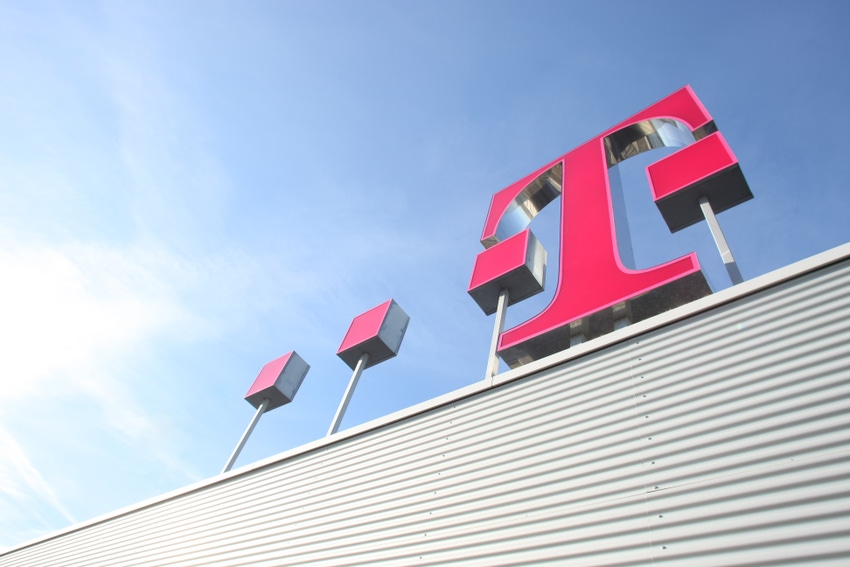Deutsche Telekom seemingly woke up on the wrong side of the bed, getting pretty defensive over its fibre roll-out plans, even going as far as stating 100% fibre coverage is impossible.
August 25, 2017

Deutsche Telekom seemingly woke up on the wrong side of the bed, getting pretty defensive over its fibre roll-out plans, even going as far as stating 100% fibre coverage is impossible.
Someone must have rubbed up DT execs in a wrong way, as this response seems a bit sensitive. Telcos will always receive criticism, there’s no way to avoid it; communications infrastructure is that important to our personal and professional lives; but DT is one of the better ones out there. We would have expected the team to take criticisms on the chin, but this is an interesting response. Maybe the Germans aren’t as emotionally secure as we previously thought.
“The main feature of discussions of broadband build-out in Germany is tunnel vision,” said Philipp Blank, one of DT’s corporate spokespersons.
“The benchmark is taken to be the stark figure of households with optical fibre lines (FTTH), with no other factors taken into account. This misses the very important point that the actual objective is slightly different: providing people with high transmission speeds as quickly and as comprehensively as possible, something that is working very well in Germany.”
In this light, it is quite refreshing. Right here you have a telco which is actually talking sense and stating honest facts. There’s no over-promising about full-fibre connectivity, or confusion created through hazy definitions of what fibre connectivity actually means like we have seen in the UK. It is setting itself up for criticism, but there is no smoke or mirrors here.
DT is basically saying delivering full-fibre connections to every household in Germany is not feasible, economical or logical. It’s a big country, with some pretty isolated villages, in some very varied terrain. Running fibre everywhere would be immensely difficult and expensive.
“We are committed to vectoring, because it is the only way to provide people in rural areas with faster lines, quickly,” said Blank. “If we are fixated on FTTH, those in the countryside will remain left behind for years. It is simply impossible to roll out fibre lines to homes everywhere in the country. Neither the construction capacity nor the funding is available for that. Plus there is quite simply no demand for it.”
It’s an honest assessment of the situation. It might not be want some people want to hear, but there is no pretence. In other countries, such as the UK for instance, there is a very murky approach to communications. The ‘up-to’ condition is pandemic and there have certainly been liberties taken with the definition of what full-fibre actually means. Almost every deal in the UK is advertised as full-fibre now, but you have to dig down into the T&Cs to see whether this means fibre-to-the-Cabinet, the-basement or the-premise.
At least in this example, it’s plain. Germans will know where they stand, even if DT is being a bit defensive and bashful at the moment.
“We have by far the largest fibre-optic network in Germany, stretching over 455,000 kilometres,” said Blank. “Vodafone, in comparison, doesn’t even have 60,000 kilometres.”
“In this year alone, we will connect a further three million households to the super-fast Internet. Each year, we invest more than four billion euros in Germany, which is a record amount.”
Go pick on them, he seems to be saying. Stop being nasty to us, we’re doing better than the rest. We didn’t realise the guys at DT were such sensitive little souls.
About the Author(s)
You May Also Like








.png?width=300&auto=webp&quality=80&disable=upscale)


_1.jpg?width=300&auto=webp&quality=80&disable=upscale)


.png?width=800&auto=webp&quality=80&disable=upscale)